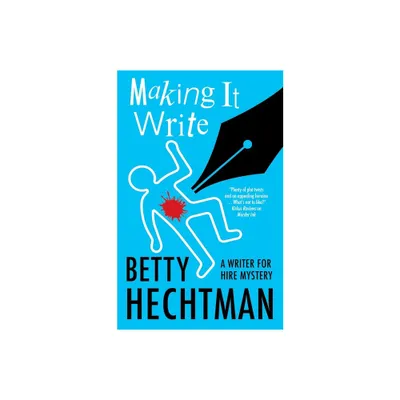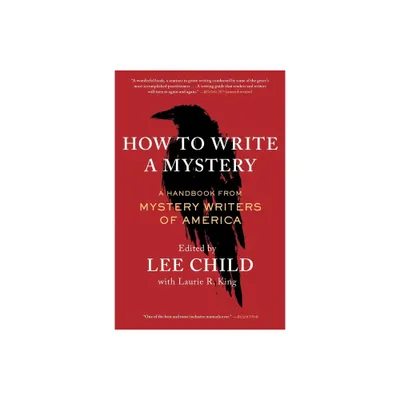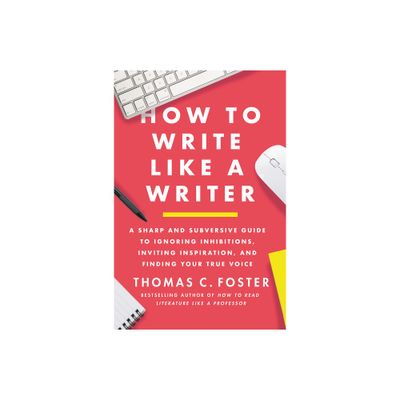Home
Nijinsky's Feeling Mind: The Dancer Writes, Writer Dances
Loading Inventory...
Barnes and Noble
Nijinsky's Feeling Mind: The Dancer Writes, Writer Dances
Current price: $125.00


Barnes and Noble
Nijinsky's Feeling Mind: The Dancer Writes, Writer Dances
Current price: $125.00
Loading Inventory...
Size: Hardcover
*Product Information may vary - to confirm product availability, pricing, and additional information please contact Barnes and Noble
Nijinsky's Feeling Mind: The Dancer Writes, The Writer Dances
is the first in-depth literary study of Vaslav Nijinsky's life-writing. Through close textual analysis combined with intellectual biography and literary theory, Nicole Svobodny puts the spotlight on Nijinsky as reader. She elucidates Nijinsky's riffs on Tolstoy, Dostoevsky, and Nietzsche, equating these intertextual connections to "marking" a dance, whereby the dancer uses a reduction strategy situated between thinking and doing. By exploring the intersections of bodily movement with verbal language, this book addresses broader questions of how we sense and make sense of our worlds. Drawing on archival research, along with studies in psychology and philosophy, Svobodny emphasizes the modernist contexts from which the dancer-writer emerged at the end of World War I. Nijinsky began his life-writing—a book he titled
Feeling
—the day after the Paris Peace Conference opened, and the same day he performed his "last dance."
Nijinsky's Feeling Mind
begins with the dancer on stage and concludes as he invites readers into his private room. Illuminating the structure, plot, medium, and mode of
Feeling,
this study calls on readers to grapple with a paradox: the more the dancer insists on his writing as a live performance, the more he points to the material object that entombs it.
is the first in-depth literary study of Vaslav Nijinsky's life-writing. Through close textual analysis combined with intellectual biography and literary theory, Nicole Svobodny puts the spotlight on Nijinsky as reader. She elucidates Nijinsky's riffs on Tolstoy, Dostoevsky, and Nietzsche, equating these intertextual connections to "marking" a dance, whereby the dancer uses a reduction strategy situated between thinking and doing. By exploring the intersections of bodily movement with verbal language, this book addresses broader questions of how we sense and make sense of our worlds. Drawing on archival research, along with studies in psychology and philosophy, Svobodny emphasizes the modernist contexts from which the dancer-writer emerged at the end of World War I. Nijinsky began his life-writing—a book he titled
Feeling
—the day after the Paris Peace Conference opened, and the same day he performed his "last dance."
Nijinsky's Feeling Mind
begins with the dancer on stage and concludes as he invites readers into his private room. Illuminating the structure, plot, medium, and mode of
Feeling,
this study calls on readers to grapple with a paradox: the more the dancer insists on his writing as a live performance, the more he points to the material object that entombs it.


















